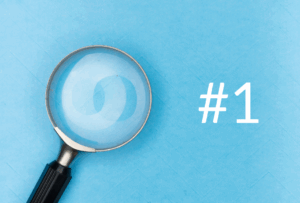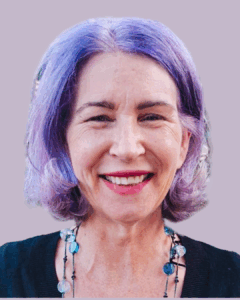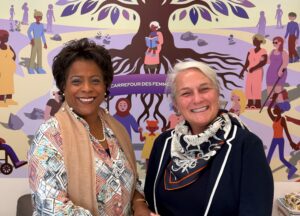
Misinformation Monday: Pre-bunking
Welcome to Misinformation Mondays: a 5-part series where we delve into strategies that researchers can use to combat misinformation. This week’s topic: pre-bunking.

Welcome to Misinformation Mondays: a 5-part series where we delve into strategies that researchers can use to combat misinformation. This week’s topic: pre-bunking.

Dr. Kerstin Gustafson joined CTV Your Morning Vancouver to talk about the latest hormone therapy for menopause.

Congratulations to WHRI member Dr. Nichole Fairbrother, who was recently honoured with the 2025 Mid-Career Excellence in Women’s Health Research Award from the Partnership for Women’s Health Research (PWHR).

Dr Wendy Norman and the UBC CART-GRAC team were awarded funding through the Government of Canada Sexual and Reproductive Health Fund at the end of September 2025.

Shirley Weir, founder of Menopause Chicks and collaborator on the HER-BC and Mapping Menopause research projects, recently spoke with both Global News and CTV.

Dr. Allison Ezzat, a researcher with the BC Injury Research and Prevention Unit and associate member of WHRI, co-authored a research paper on women’s perspectives on running shoes.
The Women’s Health Research Institute would like to acknowledge that we are uninvited guests on the unceded ancestral territories of the xʷməθkwəy̓əm (Musqueam), Skwxwú7mesh (Squamish), Stó:lo, and sel̓íl̓witulh (Tsleil-waututh) Nations.
As a provincial research institute committed to improving the health outcomes of women, including those across the 2SLGBTQIA+ spectrum, we recognize our responsibility in the collective effort towards establishing culturally safe health care systems and services that address health inequities among Indigenous peoples, especially Indigenous women, girls, and Two-spirit peoples.
We encourage all people involved in research to read both the Truth and Reconciliation Commission of Canada: Calls to Action and the In Plain Sight Report, and reflect on ways we can incorporate the recommendations into our work. As we gather in spaces together, we encourage you to reflect on your positionality on these lands and your personal commitments to reconciliation.